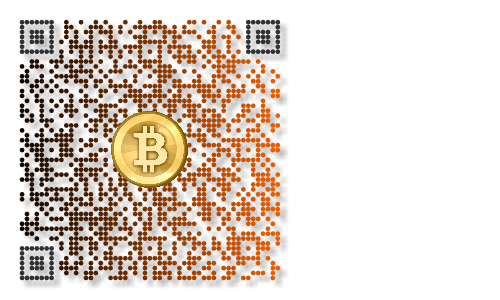Actually, the concept is harder than you think. Let's take the original Xbox and the 360, for example. The two machines run completely different hardware so in order to even offer backwards compatibility, the new system would either have to have hardware set to run the old (like the PS3 did in the beginning) or use software to emulate the old (latter PS3's and 360's own per-game BC). Problem is, programmers have to figure out how to get the emulator to make the old software work properly on the new hardware. Sometimes it works great (Halo 2, if I'm not mistaken), other times it doesn't (the Baldur's Gate games for example).
Another part of this equation is money. What kind of return is a company going to get if they make their new system backwards compatible? Sure it gives some goodwill to gamers that they can use their old games on their new systems, but in the end, is the company making any money at it? Initially they may get extra sales due to this factor but in the long haul, is it worth it? It's not like they are going to get cash from software sales on an obsolete system. With the PS3, Sony pulled PS2 hardware out to save money and shifted to software, which then was pulled from later PS3s to again save money. Only thing that stayed the same was the PS1 BC, but that's because the architecture is old enough to make it a cheap non-issue. Microsoft didn't even have backward compatibility, they added it on a per game basis but then dropped it. I don't think they're even doing any new Originals downloads anymore, but I could be wrong.
Unless these downloaded games were built on a platform that can be easily shifted (like say the console version of Direct X), I don't think developers or the console companies are going to go through the effort to allow you to port your downloaded games. Of course, they may have new versions available for you to buy but beyond that, I find it doubtful.
But hey, I've been wrong before.









 Reply With Quote
Reply With Quote

















